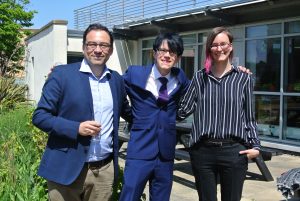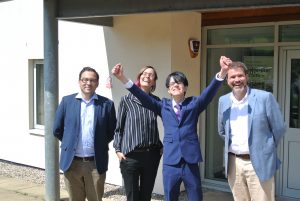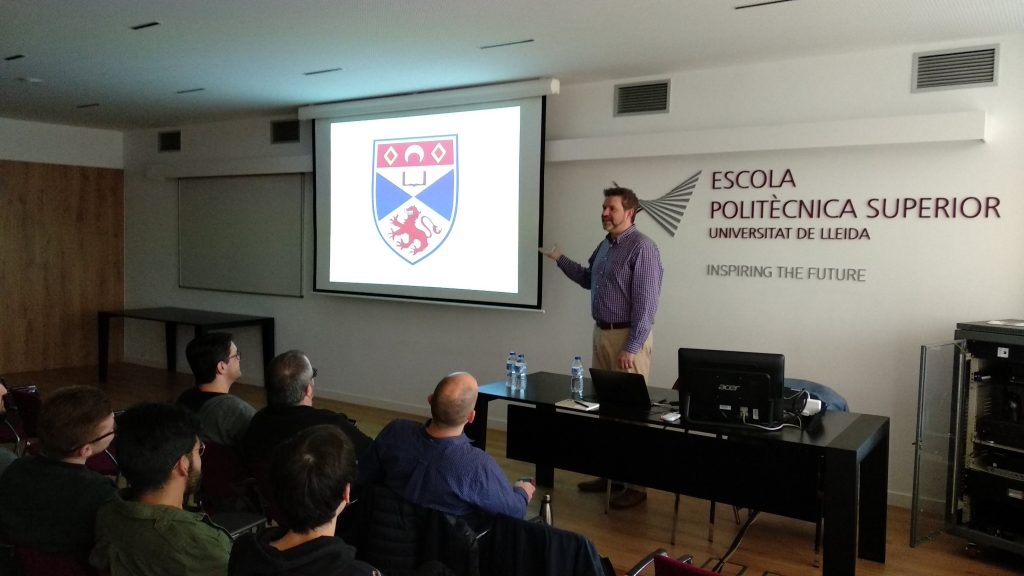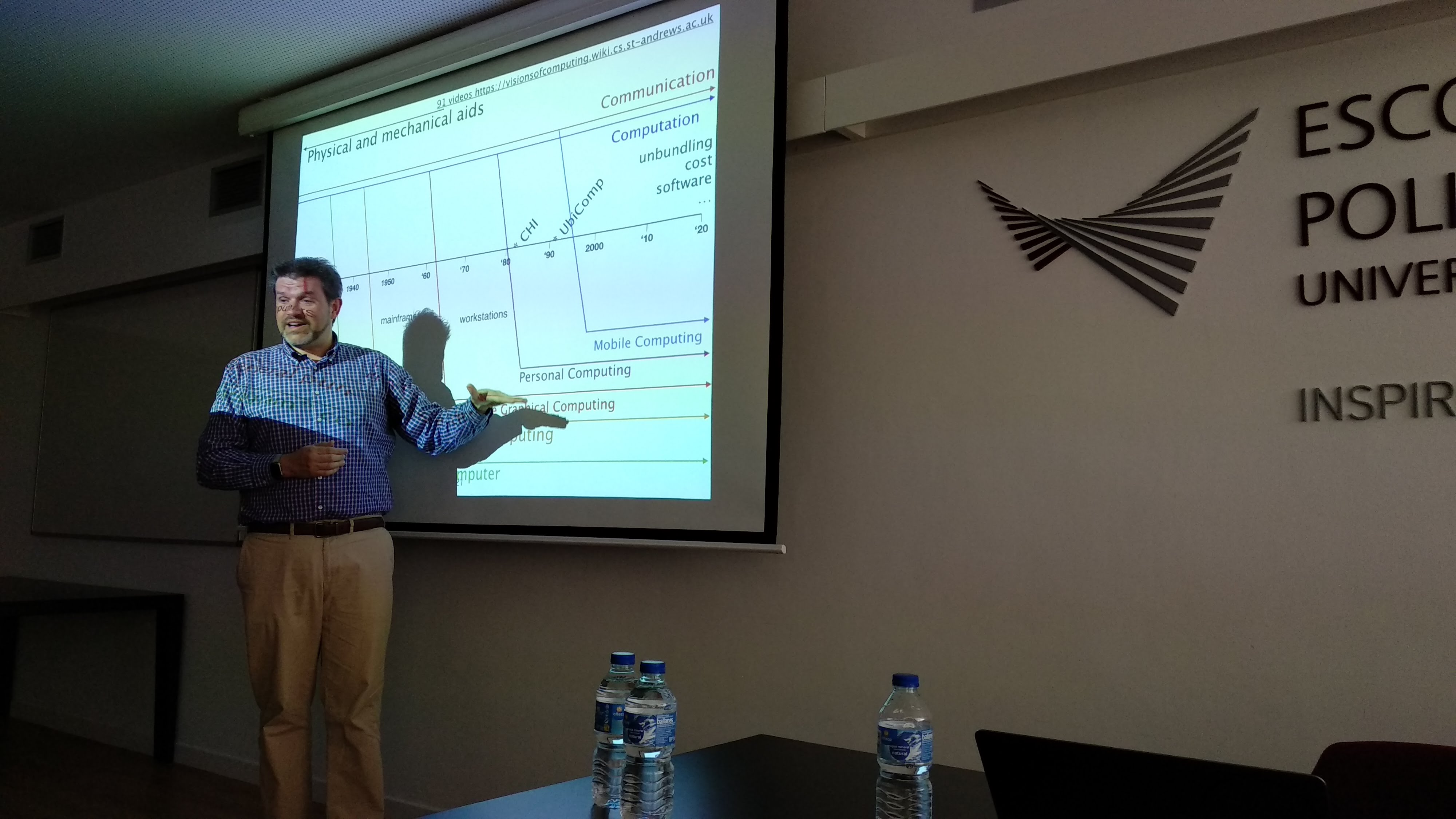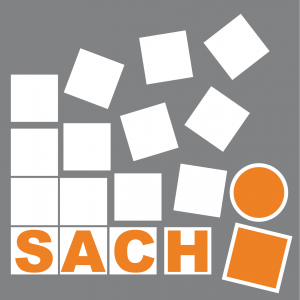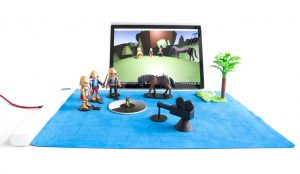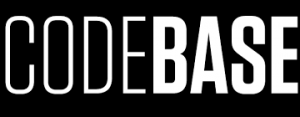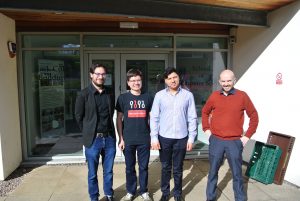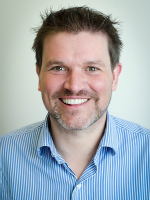
Congratulations to Aaron on being appointed as a Distinguished Speaker for the Association for Computing Machinery (ACM). The esteemed Distinguished Speaker Program brings together international thought leaders from academia, industry, and government to give presentations to ACM chapters, members, and the greater IT community in a variety of venues and formats. The outreach program coordinates speaker lectures to consider the most important challenges in computing today and facilitates professional networking.
Aaron has developed four lectures for the DSP program here can deliver, these include:
Discreet Computing
Computing and interaction are changing the nature of humanity. As individuals our capabilities can be extended, our memories augmented and our senses attuned. Societies are being reshaped…
Global Human Computer Interaction
Global Human Computer Interaction is the study of HCI when considering global challenges, languages, concerns, cultures and different economic drivers. Digital technologies now underpin the…
Immersive Analytics
Human activity (in all its forms) can result in large volumes of data being collected and simply stored in the hope that one day it can be analysed and explored. From business to health…
Ubiquitous User Interfaces (UUI)
UbiComp or Ubiquitous Computing is a model of computing in which computation is everywhere and computer functions are integrated into everything. It can be built into the basic objects,…
Professor Quigley is Chair of Human Computer Interaction in the School of Computer Science at the University of St Andrews. His research interests include surface and multi-display computing, body worn interaction, human computer interaction, pervasive and ubiquitous computing and information visualisation.


